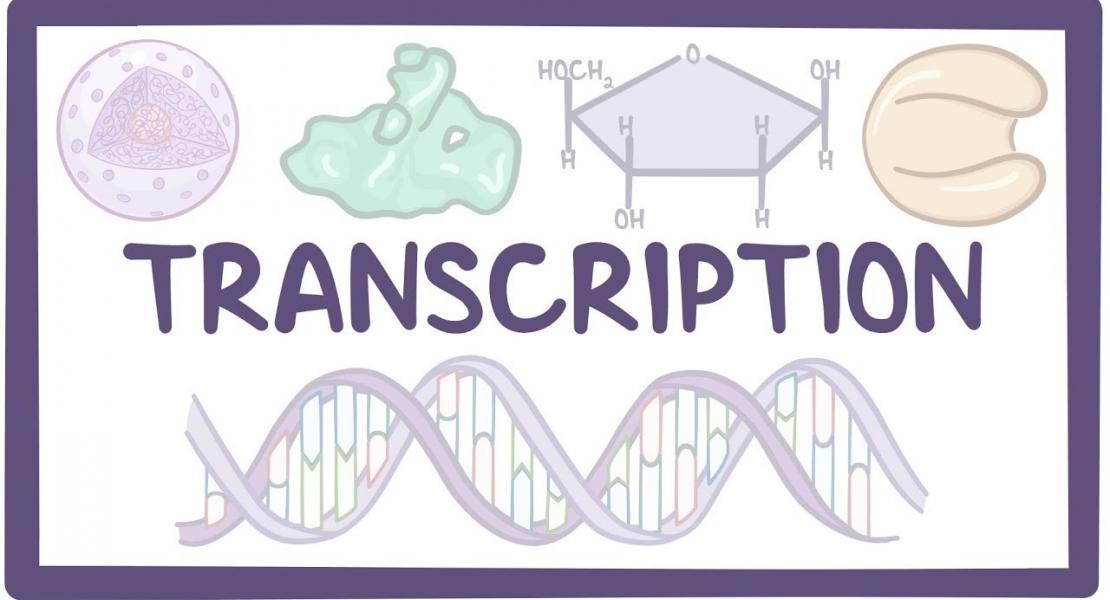Selective Autophag degrades DICER and AGO2 and regulates miRNA activity

Abstract
MicroRNAs (miRNAs) form a class of short RNAs (∼21 nucleotides) that post-transcriptionally regulate partially complementary messenger RNAs. Each miRNA may target tens to hundreds of transcripts to control key biological processes. Although the biochemical reactions underpinning miRNA biogenesis and activity are relatively well defined1,2 and the importance of their homeostasis is increasingly evident, the processes underlying regulation of the miRNA pathway in vivo are still largely elusive3 . Autophagy, a degradative process in which cytoplasmic material is targeted into double-membrane vacuoles, is recognized to critically contribute to cellular homeostasis. Here, we show that the miRNA-processing enzyme, DICER (also known as DICER1), and the main miRNA effector, AGO2 (also known as eukaryotic translation initiation factor 2C, 2 (EIF2C2)), are targeted for degradation as miRNA-free entities by the selective autophagy receptor NDP52 (also known as calcium binding and coiled-coil domain 2 (CALCOCO2)). Autophagy establishes a checkpoint required for continued loading of miRNA into AGO2; accordingly, NDP52 and autophagy are required for homeostasis and activity of the tested miRNAs. Autophagy also engages post-transcriptional regulation of the DICER mRNA, underscoring the importance of fine-tuned regulation of the miRNA pathway. These findings have implications for human diseases linked to misregulated autophagy, DICER- and miRNA-levels, including cancer.
